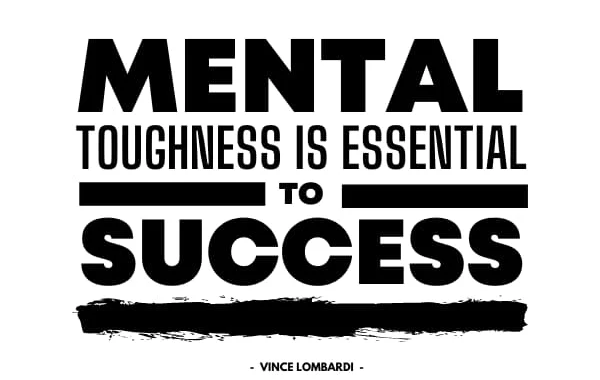|
The International Stunt Academy is renowned for training individuals to excel in stunt acting and roles that demand exceptional mental and physical strength, agility, and endurance. A common issue that arises among trainees is reaching their physical peak before developing sufficient mental strength. This can lead to mental fatigue, reduced self-awareness, and ultimately, a higher risk of injury. This article delves into the science behind mental fatigue and offers real-world examples to demonstrate its impact. We also provide practical tips on increasing self-awareness and mental endurance to help aspiring stunt actors and others facing similar challenges. Part 1: The Brain's Energy Demands
The brain, like any other muscle, requires energy to function optimally. It burns calories to maintain cognitive processes, including decision-making, attention, and memory. In physically demanding situations, the brain's energy consumption can increase, leading to exhaustion and depletion of essential nutrients. This mental fatigue can manifest as poor performance, mistakes, and inaccuracies, putting individuals at risk for injury. 2 Real-World Examples: Survival and Mountain Climbing
Tips for Building Mental Endurance and Self-Awareness
Mental fatigue is a critical factor in the world of stunt acting and other physically demanding endeavors. Recognizing the importance of mental endurance and self-awareness can help individuals manage this challenge more effectively. By incorporating mindfulness, proper nutrition, sleep, cognitive training, stress management, and realistic goal-setting, aspiring stunt actors and others can build the mental strength required to excel in their chosen fields. Part 3: Brain Nutrition, Caloric Consumption, and Mental Endurance Brains and Caloric Consumption The brain, being one of the most energy-demanding organs, consumes a significant amount of calories. It accounts for about 20% of the body's total energy expenditure, despite making up only about 2% of the body's weight. On average, the brain burns about 320-400 calories per day at rest, which is approximately 20-25% of our daily caloric intake. Mental focus and the use of energy reserves Prolonged periods of intense mental focus or cognitive activity can increase the brain's energy consumption, though not dramatically. A study conducted by K. Dunstan Dworzan and colleagues in 2013 found that performing cognitive tasks resulted in a 5% increase in energy expenditure compared to resting energy expenditure. This suggests that while thinking hard for extended periods does use more energy, the overall effect on total energy expenditure is relatively small. Effects of Energy Drinks on Mental Activity and Energy Consumption Energy drinks, which often contain stimulants like caffeine, can temporarily boost mental alertness and neural activity. However, they do not significantly increase the brain's energy consumption. Instead, they influence neurotransmitters, such as adenosine and dopamine, which affect attention and mood. Long-term consumption of energy drinks can lead to tolerance, dependence, and potential negative health effects, such as increased heart rate, elevated blood pressure, and sleep disturbances. Therefore, they are not a sustainable solution for increasing mental endurance or delaying mental fatigue. Tips for enhancing your Mental Endurance and Delaying Mental Fatigue As previously mentioned, mindfulness, proper nutrition, sleep, cognitive training, and stress management can help improve mental endurance and delay mental fatigue. In addition to these strategies, you can also consider the following:
By incorporating this knowledge and the practices mentioned into your daily routine, you can enhance and better support your brain's function, nutritional needs and energy demands, contributing to improved mental endurance and reduced mental fatigue. Here is a list of books, articles, and online resources for those interested in delving deeper into the subjects of mental endurance, brain nutrition, and overall cognitive health: Online Resources:
Books:
Articles:
These resources cover a wide range of topics related to mental endurance, brain nutrition, cognitive health, and overall well-being. By exploring these books, articles, and online resources, you can expand your knowledge and understanding of these subjects and apply the insights to your own life. References: Dworzan, K. D., McNeil, C. J., Golding, L. A., & Bottenberg, R. A. (2013). Caloric expenditure during standardized cognitive testing. Medicine and science in sports and exercise, 45(10), 1836-1842. Comments are closed.
|
AuthorThis blog os co-authored by The ISA Team Archives
June 2024
Categories
All
|


 RSS Feed
RSS Feed

3/31/2023